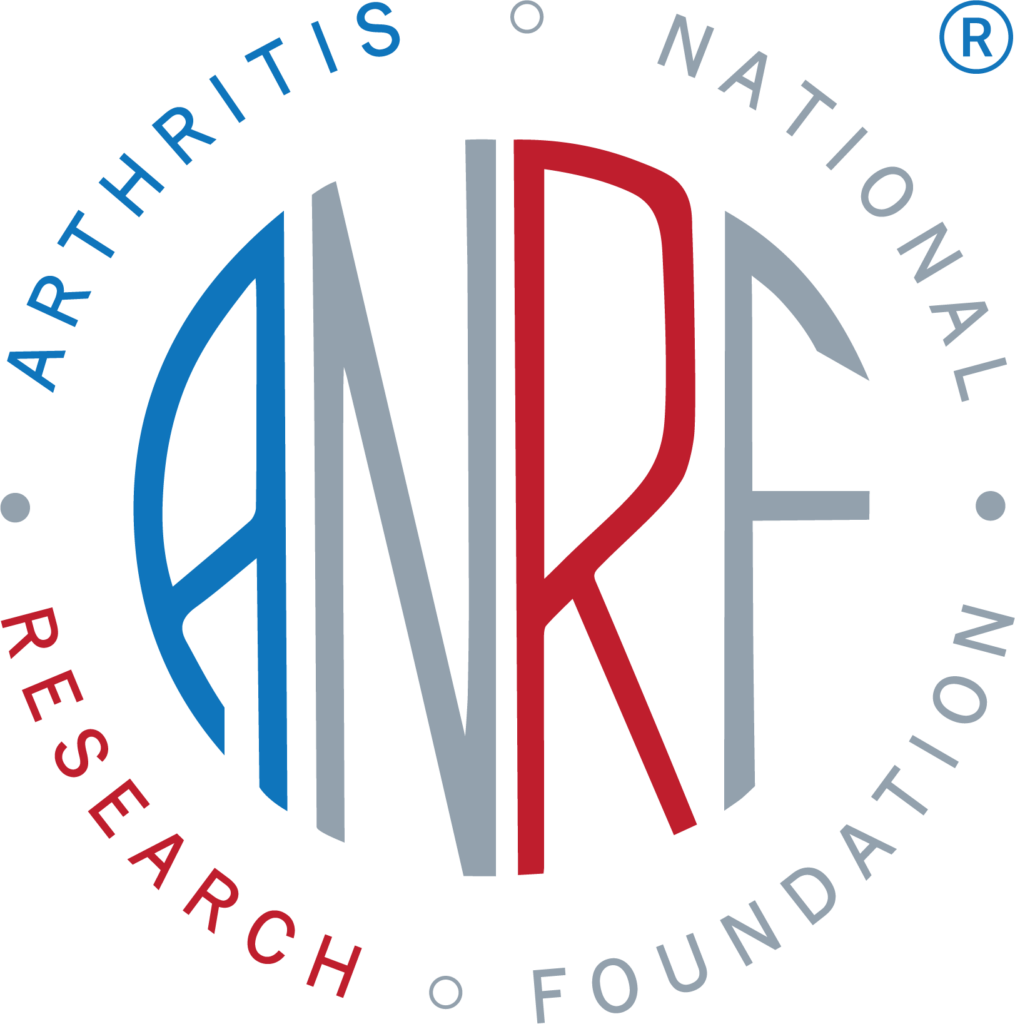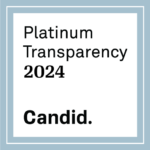Th17 Cell Characteristics may have Implications for all Autoimmune Diseases

The question, “Why do we get autoimmune diseases like rheumatoid arthritis?” remains to be answered. All autoimmune disorders is associated with a dysfunctional immune system. It is thought that this dysfunction resides within the broad immune cell types or immune molecules. Recently, Th17 cells which are a subtype of immune cell have been implicated in several autoimmune diseases, including rheumatoid arthritis, multiple sclerosis, and inflammatory bowel disease. Additionally, Th17 cells play an important role in protecting the human body from infections. Further, if the Th17 cell is the key suspect then why is it that some people get rheumatoid arthritis, whereas others get multiple sclerosis, and others get inflammatory bowel disease? It is possible there are different subtypes on Th17 cells associated with these different autoimmune diseases. Preliminary data generated from Dr. Sarkar’s laboratory have provided some clues to this hypothesis.
Specifically, Th17 cells associated with rheumatoid arthritis are not only characterized by the key molecule they make such as IL-17, but also by the various surface molecules it expresses that target it to the joint, causing inflammation and bone destruction.
Studies outlined in this proposal will characterize the Th17 cell associated with rheumatoid arthritis in detail. Dr. Sarkar will utilize state of the art techniques much as multi-color flow cytometry, gene expression analysis, and immunohistochemistry to examine these cells.
The data obtained from this study will not only identify the pathogenic Th17 characteristics in rheumatoid arthritis but also lay the foundation for identifying and differentiating such pathogenic responses in other autoimmune diseases such as lupus, scleroderma and multiple sclerosis.





